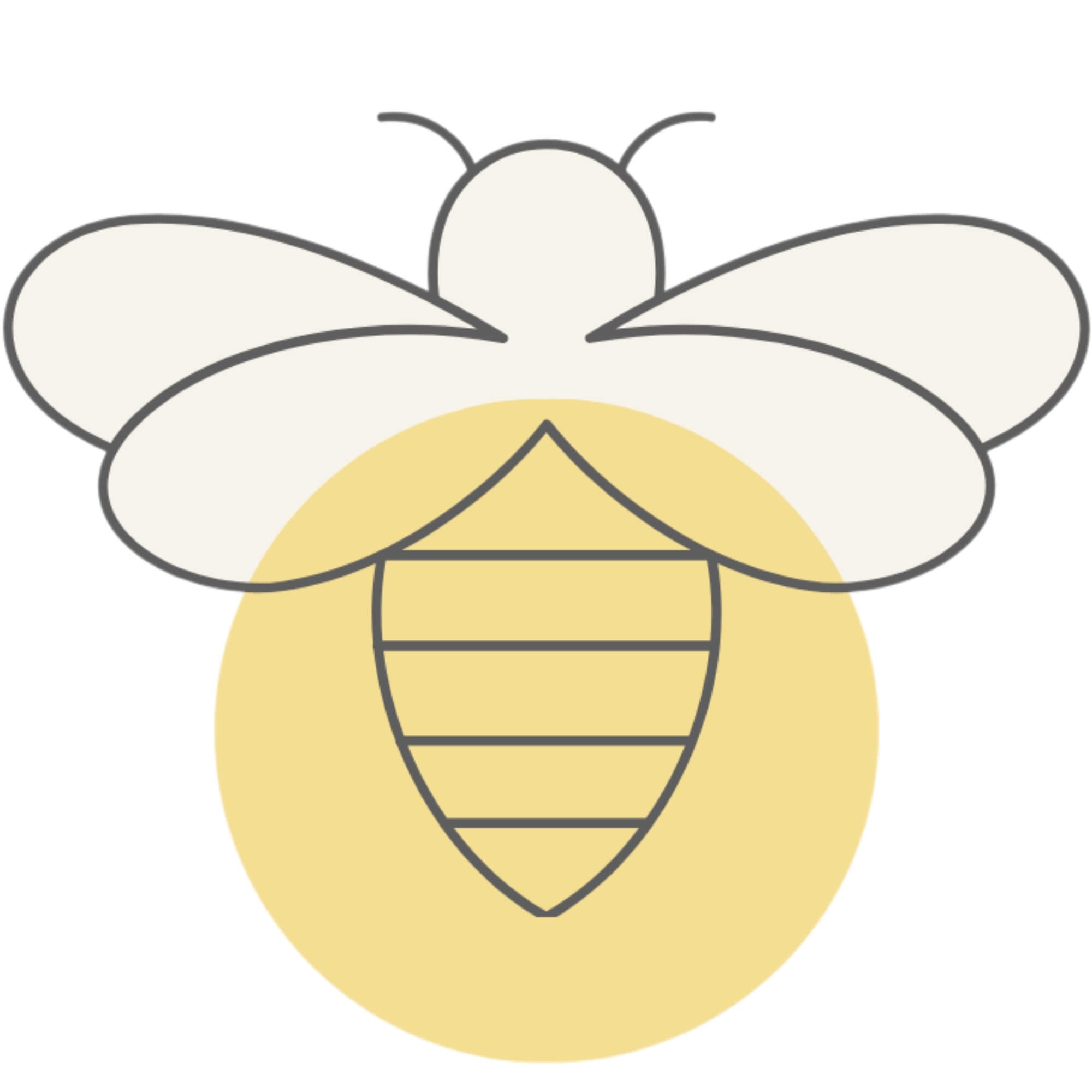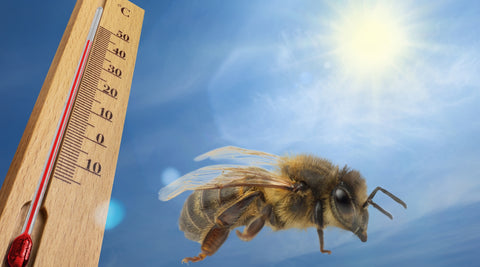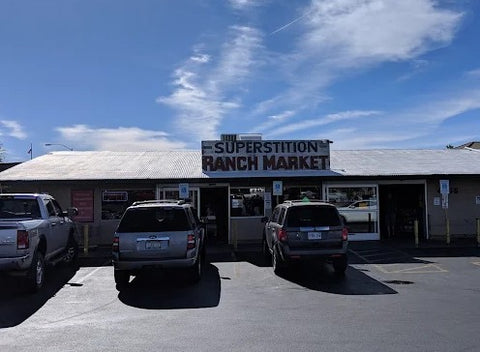In the intricate dance of nature, few processes are as vital and awe-inspiring as bee cross-pollination. From lush meadows to bustling orchards, bees play a pivotal role in ensuring the proliferation of plant life and the bounty of harvests worldwide. Let's delve into the wonders of bee cross-pollination and its profound impact on ecosystems and agriculture.
Understanding Bee Cross-Pollination:
Bee cross-pollination, also known as entomophily, is a crucial reproductive process in flowering plants facilitated by bees. As bees collect nectar and pollen to sustain their colonies, they inadvertently transfer pollen grains from the anthers of one flower to the stigma of another. This process is essential for the fertilization of many plants, leading to the production of seeds and fruits.
The Role of Bees in Ecosystems:
Bees are among the most effective pollinators in nature, contributing to the reproduction of a vast array of plant species. Their foraging activities promote genetic diversity within plant populations, which is vital for resilience against diseases and environmental stressors. Moreover, bee-pollinated plants provide food and habitat for countless other organisms, shaping the intricate web of life in ecosystems worldwide.
Agricultural Importance:
In agriculture, bee cross-pollination is indispensable for the production of many crops that form the cornerstone of global food security. Crops such as almonds, apples, blueberries, and cucurbits rely heavily on bee pollination for optimal yields and quality. The economic value of bee-mediated pollination services is staggering, with billions of dollars attributed to crop production annually.
Conservation Efforts:
Despite their critical role, bees face numerous threats, including habitat loss, pesticide exposure, and climate change. Conservation efforts aimed at preserving bee populations and their habitats are essential for safeguarding ecosystems and agricultural productivity. By promoting pollinator-friendly practices and raising awareness, we can contribute to the preservation of these vital pollinators for generations to come.
Final Thoughts:
Bee cross-pollination stands as a testament to the intricate symbiosis between plants and pollinators, shaping the tapestry of life on Earth. From wildflower meadows to vast agricultural landscapes, bees continue to inspire wonder and admiration for their role in sustaining ecosystems and nourishing humanity. By recognizing the significance of bee pollination and supporting conservation initiatives, we can ensure a flourishing future for both bees and the planet they inhabit.
For those seeking to optimize agricultural yields or simply marvel at the wonders of nature, understanding and appreciating bee cross-pollination is paramount. As we embrace the marvels of this essential process, let us also commit to protecting the invaluable pollinators that enrich our lives and the world around us.










Comments (1)
Bees are truly amazing creators! Thank you for this article.